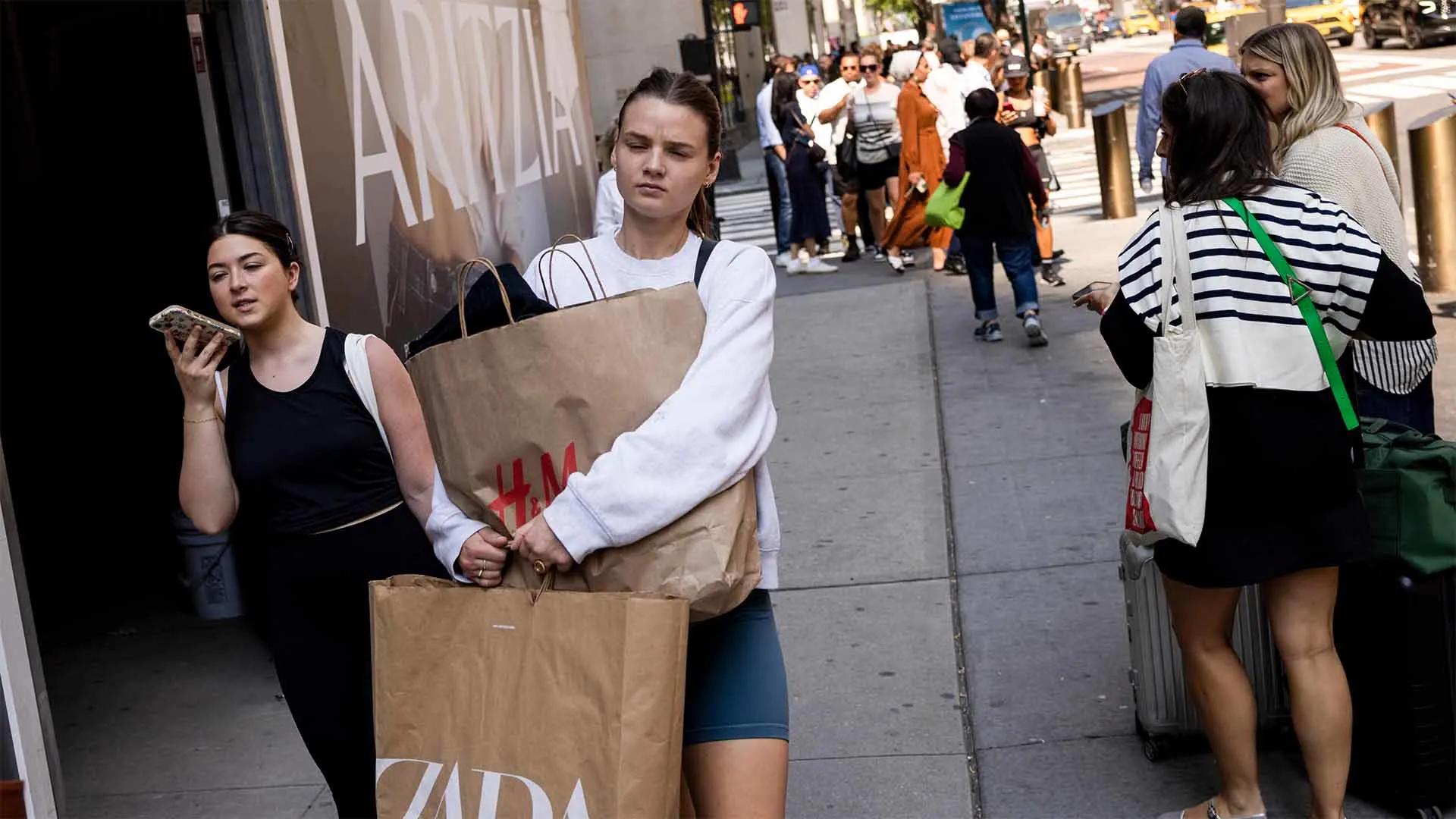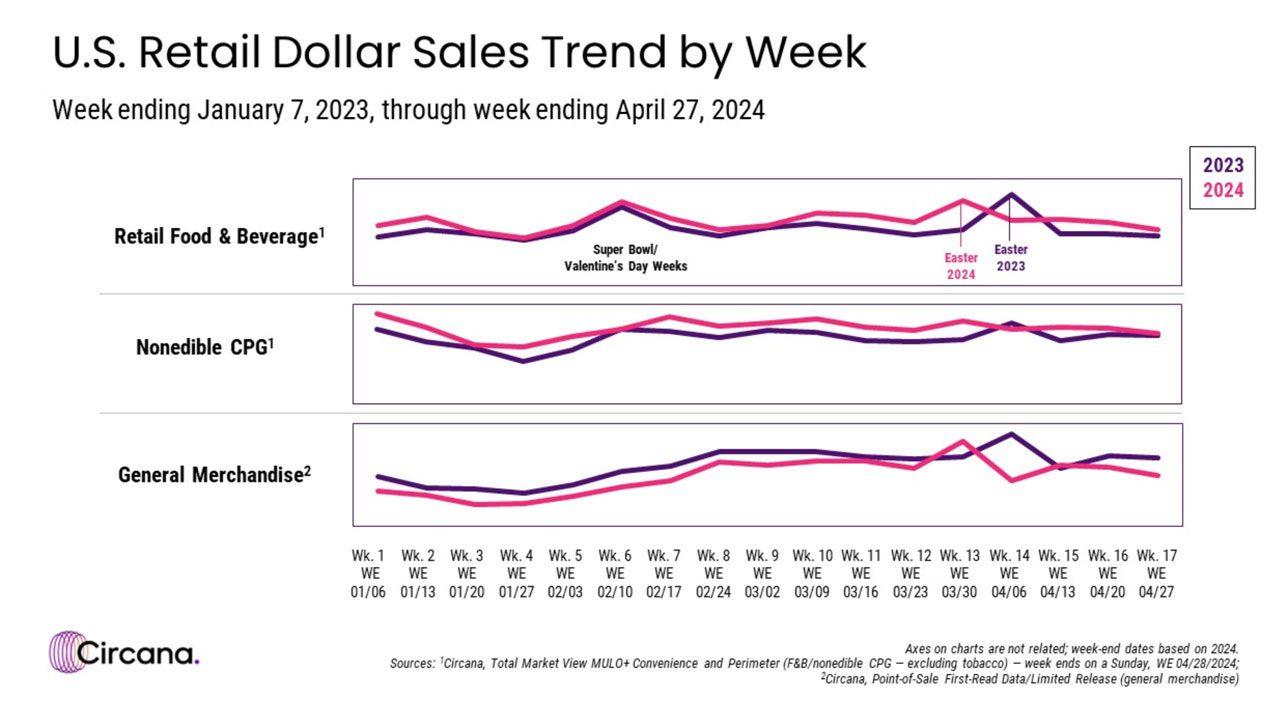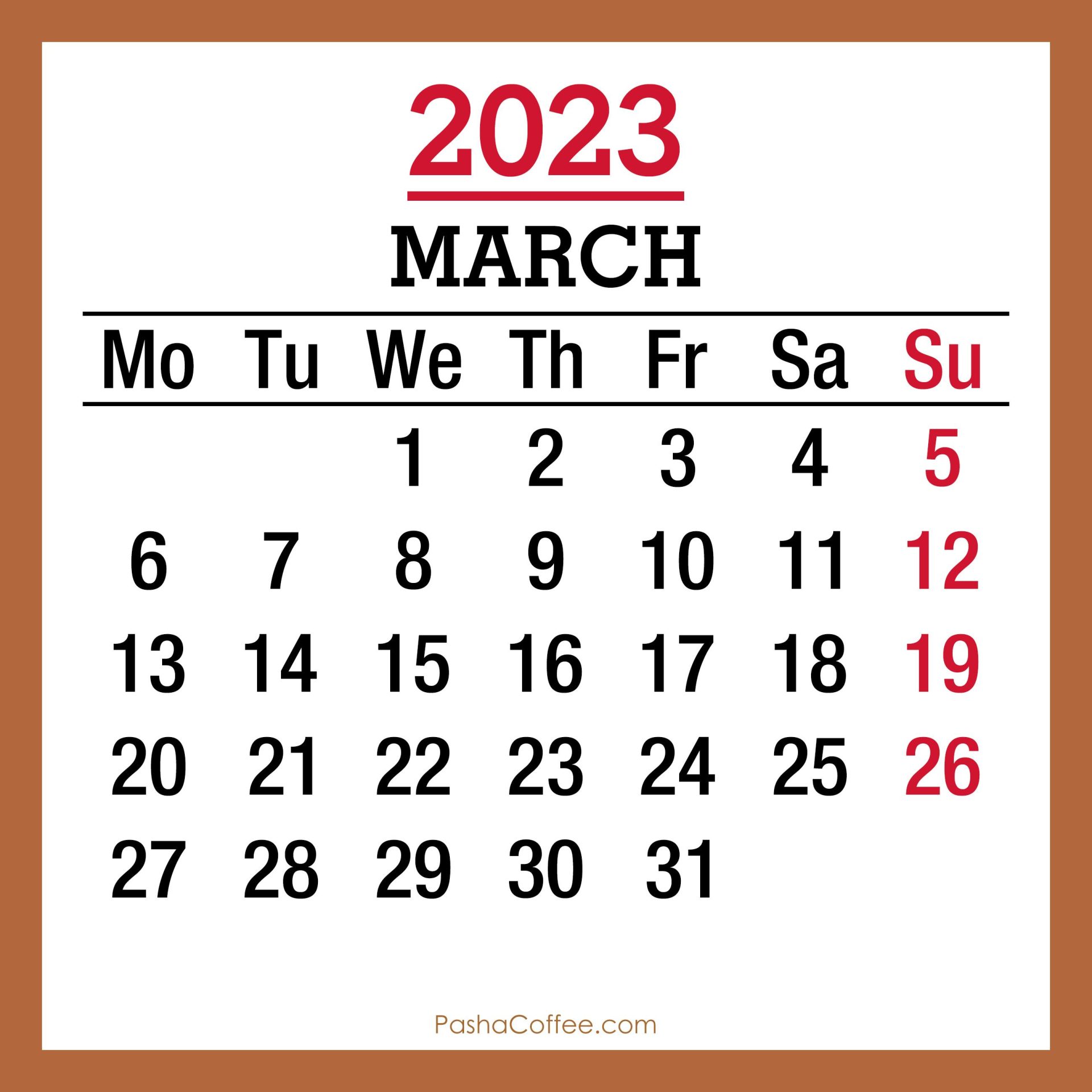Retail Spending Trends Shift as Consumers Reevaluate Priorities
March witnessed a notable decline in retail spending, indicative of a significant shift in consumer behavior as households reassess their financial priorities. After months of steady growth, the retreat from discretionary spending suggests that factors such as inflation, rising interest rates, and a changing economic landscape are prompting consumers to make more calculated financial choices. As a result, many shoppers are allocating their resources toward essential items rather than indulgent purchases, which has created ripple effects throughout various sectors in the retail market.
Analysts are observing several key tendencies emerging among consumers during this reevaluation phase:
- Increased Focus on Necessities: Essentials like groceries and household items are seeing stable demand, whereas luxury goods and non-essential items have experienced a marked decline.
- Preference for Value: Shoppers are increasingly gravitating toward budget-friendly options, often opting for generic brands or discount retailers over pricier alternatives.
- Sustainability and Conscious Spending: There is a growing trend toward sustainable buying, with consumers prioritizing brands that align with their ethical concerns, even if it means spending a bit more on essentials.

Factors Driving Consumer Caution and the Impact on Retail Sectors
The recent downturn in retail spending can be largely attributed to a combination of factors that are causing consumers to exercise caution in their purchasing decisions. Inflation remains a significant concern, with persistent price increases on essential goods such as food and housing straining household budgets. In addition to economic pressures, many consumers are reorganizing their spending priorities, leading to a shift in focus from discretionary items to necessities. This transition is fueled by rising interest rates, which have not only impacted mortgage rates but also credit costs, prompting consumers to rethink large purchases.
Moreover, changing consumer sentiment plays a crucial role in this trend. A growing number of shoppers are adopting a wait-and-see approach, influenced by uncertainties surrounding employment stability and overall economic conditions. As awareness of potential financial downturns rises, consumers are increasingly cautious about their spending habits, leading to noticeable declines across various retail sectors. The sectors most impacted include apparel, furniture, and electronics, where sales have stagnated as consumers prioritize savings and essential purchases. Retailers must adapt to these shifts by reassessing inventory strategies and enhancing value propositions to attract cautious shoppers seeking assurance in their spending.

Strategic Responses for Retailers to Navigate the Decline in Spending
The recent downturn in retail spending presents a significant challenge for retailers, compelling them to devise proactive strategies to engage consumers and offset the impact of economic uncertainty. To remain competitive, it is essential for retailers to adopt innovative approaches that resonate with today’s budget-conscious shopper. This includes enhancing customer experience by embracing omnichannel retailing, ensuring seamless integration across online and brick-and-mortar stores. A focus on personalized marketing can also play a vital role; leveraging data analytics to understand consumer preferences and tailoring offers that align with their needs may foster greater loyalty and repeat purchases.
Additionally, cost management should be prioritized without compromising product quality. Retailers can explore opportunities to streamline operations, reduce overhead, and negotiate better terms with suppliers. Moreover, implementing promotions that emphasize value, such as loyalty programs or bundling products, can entice consumers to spend more while feeling financially savvy. Investing in digital platforms to amplify engagement through social media and targeted ads can also help maintain brand visibility in a crowded marketplace, ensuring that even amid reduced spending, retailers sustain a connection with consumers.

Future Outlook: Adapting to Changing Consumer Behavior and Economic Conditions
The recent dip in retail spending underscores a significant shift in consumer behavior, prompting retailers to reassess their strategies. Economic uncertainty, rising inflation, and fluctuating employment rates are driving consumers to prioritize essential purchases over discretionary spending. As we look ahead, it is vital for businesses to understand and adapt to these evolving preferences. Retailers may want to consider:
- Data Analysis: Utilizing analytics to track consumer trends and preferences can inform product offerings and marketing strategies.
- Value Proposition: Highlighting quality, sustainability, and value for money can appeal to budget-conscious shoppers.
- Diverse Channels: Expanding online presence and optimizing e-commerce platforms are essential to meet the shifting shopping habits.
- Customer Engagement: Building strong relationships through personalized experiences fosters loyalty and encourages repeat business.
Moreover, retailers must remain agile in their operations to navigate potential economic fluctuations. As consumer confidence ebbs and flows, the ability to pivot quickly will be crucial. Strategies such as:
- Inventory Management: Streamlining stock levels and responding rapidly to demand can mitigate losses during downturns.
- Promotional Activities: Tailoring offers and discounts to specific customer segments can generate interest and drive sales.
- Partnerships: Collaborating with complementary brands may attract new audiences and enhance product visibility.
- Feedback Mechanisms: Actively seeking consumer feedback can help retailers stay ahead of changing needs and preferences.

